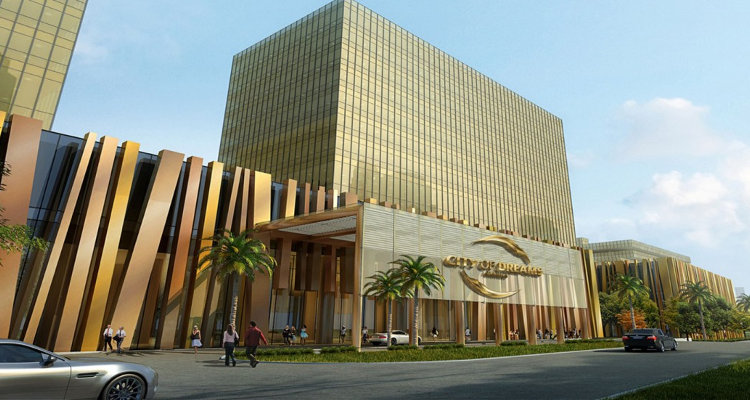After previously taking aim at the online gambling sector, the administration of newly-elected Philippine President Rodrigo Duterte has now turned his attention to the nation’s land-based casino industry by announcing plans to end tax breaks for venues located in Manila’s Entertainment City.
The three-square-mile Entertainment City district is already home to the City Of Dreams Manila and the Solaire Resort And Casino developments while the new Okada Manila venue is expected to open next year before being followed in 2018 by the giant Resorts World Bayshore facility.
According to a report from the Manila Bulletin newspaper, the new Chairperson for the state-run Philippine Amusement And Gaming Corporation, Andrea Domingo, has announced that the regulator is “preparing the necessary correspondence” to alert Entertainment City operators about the changes, which will see revenues from VIP table games rise from 5% to 15%.
The newspaper explained that the expected alterations will additionally see Entertainment City casinos required to pay a 25% tax on all revenues from mass-market games including slots and electronic gaming machines, which would represent a 10% increase.
Although Domingo did not give an exact date for implementation of the new tax rates with any changes requiring the approval of the board of the Philippine Amusement And Gaming Corporation, she did declare that her office is planning on impose the higher duties “as soon as we can”.
“Since that decision was decided by the previous board, my decision has to be ratified by the present board,” said Domingo.
Originally introduced in 2014 as a way to compensate casino firms after the Bureau Of Internal Revenue surprisingly decided to impose a 30% income tax on casino resorts in the district rather than a 5% franchise tax, the Entertainment City tax breaks were seen by the operators as “a mutually beneficial and practical solution to address the additional exposure to corporate income tax”.
However, Domingo stated that casino operators must now honor their original contracts with the Philippine Amusement And Gaming Corporation and pay the higher taxes as set out by government auditors.
“What is on the contract should be followed and what the auditor is saying should be followed,” said Domingo.


